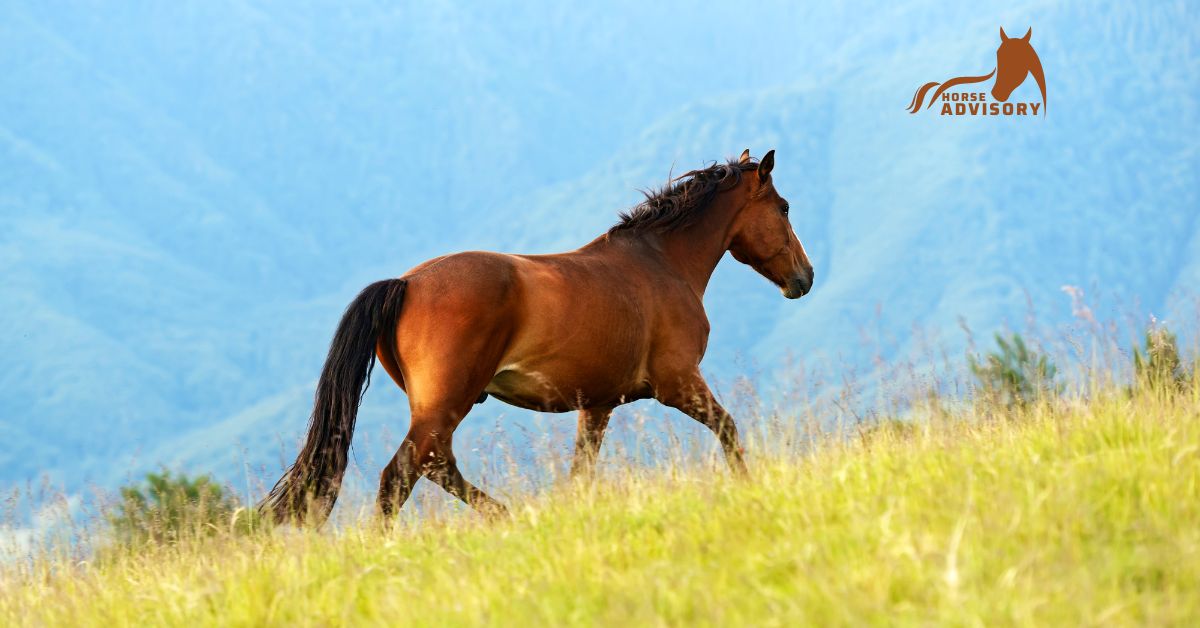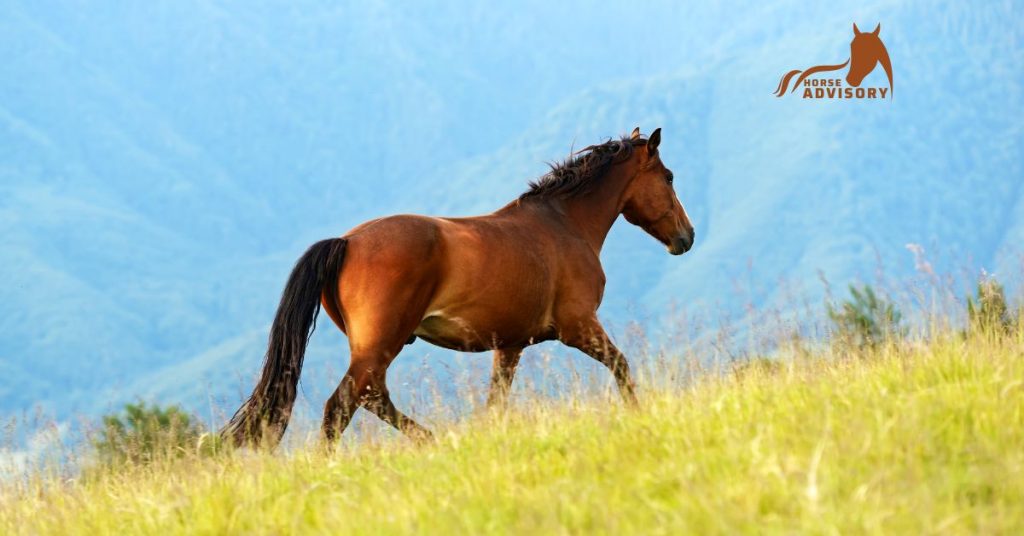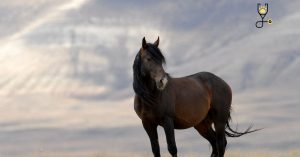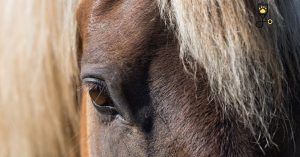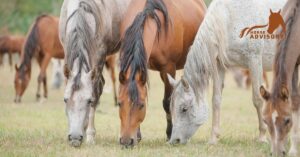Horses are often said to live around 25-30 years. But how does that compare to human life expectancy? And what things factor into a horse’s lifespan? Here we’ll take a look at factors such as breed, lifestyle, and environment to see how they can impact a horse’s age. Comparing horses to humans is an interesting exercise, as the two species have many similarities, yet also some notable differences. Ultimately, it’s fascinating to consider just how long horses can live and the myriad ways in which they can achieve this longevity. So let’s dive in!
What science tells us
Scientifically speaking, the average lifespan of a horse is around 25-30 years. This can range greatly depending on the breed, lifestyle, and environmental factors. For instance, large draft horses have been known to live over 40 years, while miniature breeds tend to be shorter-lived at about 15-20 years. Proper nutrition and exercise can also help extend a horse’s life expectancy significantly. On the other hand, human life expectancy is generally much longer than that of a horse—typically between 70 and 80 years old in the United States. While there are many similarities between horses and humans when it comes to extending their lifespans (such as nutrition and exercise), some of the primary differences lie in things such as genetics and access to medical care.
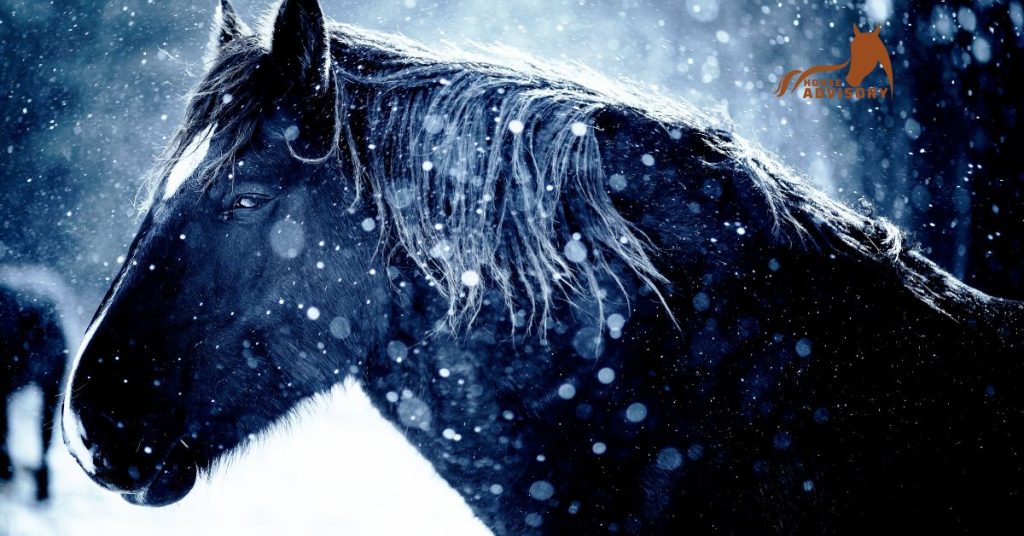
Comparing Horse Age to Human Age
In many ways, comparing horse age to human age is like trying to compare apples and oranges. While there are some similarities between the two species in terms of lifestyle and environment, there are also some notable differences. For instance, human life expectancy is much higher than a horse’s primarily due to genetics and access to medical care. Additionally, nutrition, exercise, and other lifestyle factors can play a huge role in extending a horse’s life span. Ultimately, it’s fascinating to consider just how long horses can live and the myriad ways in which they can achieve this longevity—even if we may never fully understand it!
Factors that affect a horse’s lifespan
1. Breed
Different horse breeds have different life expectancies, with larger draft horses having lifespans of up to 40 years and miniature breeds having lifespans of about 15-20 years.
2. Lifestyle
Proper nutrition and exercise can significantly extend a horse’s lifespan.
3. Environment
An environment that is free from stress and danger can help keep a horse healthy for longer periods of time.
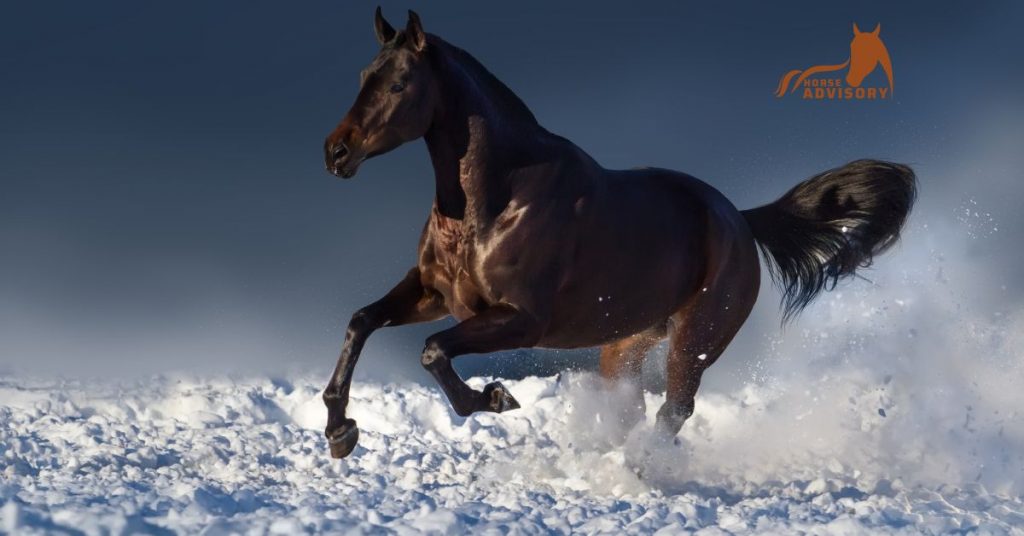
4. Genetics
Genetics also play an important role in determining a horse’s lifespan as different breeds will naturally live longer or shorter lives depending on their genetic makeup.
5. Medical Care
Access to medical care, such as vaccinations and deworming, can also help extend a horse’s life expectancy by keeping them healthy and free from disease.
No matter the species, life expectancy can vary greatly depending on factors such as breed, lifestyle, and environment. The same is true for horses and humans alike. By understanding these key differences and making the necessary changes to a horse’s lifestyle, they can achieve the longevity that rivals their human counterparts.
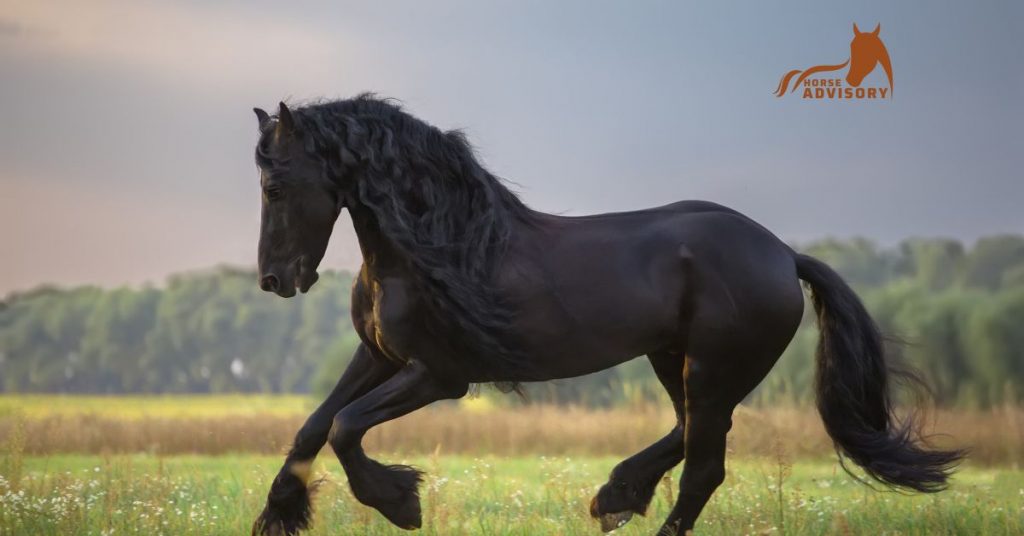
6. Quality of Care
Quality of care is also a factor when it comes to a horse’s lifespan. Horses that receive proper nutrition, exercise, and medical care are more likely to live longer than horses who do not have access to these necessities.
Why Horses Live Longer
When it comes to a horse’s longevity, there are many factors that contribute to its long lifespan. Genetics play an important role in determining the life expectancy of a particular breed, with larger draft horses having longer lifespans than smaller breeds. Additionally, proper nutrition and exercise can help keep a horse healthy for longer periods of time. Finally, access to medical care, such as vaccinations and deworming, can help protect horses from disease and illness. By understanding the factors that contribute to a horse’s longevity, owners can take steps to ensure their horses live long and happy lives.
Conclusion
Overall, horses can live surprisingly long lives—up to 40 years in some cases. With the right care and environment, even smaller breeds can achieve a lifespan of 15-20 years. As with humans, genetics and access to medical care play a huge role in determining a horse’s life expectancy. By understanding these factors and taking steps to implement them into a horse’s lifestyle, owners can help their horses achieve the longevity they deserve.
Frequently Ask Questions
1. What is the average lifespan of a horse?
The average lifespan of a horse can vary greatly depending on breed, lifestyle, and environment. Generally speaking, larger draft horses have lifespans of up to 40 years while miniature breeds typically live 15-20 years.
2. How can I help extend my horse’s lifespan?
To help extend your horse’s lifespan, you should focus on providing proper nutrition, exercise, and access to medical care. Additionally, keeping their environment stress-free and avoiding dangerous situations can also help prolong their life expectancy.
3. Are there any special considerations for older horses?
Yes, when caring for an older horse it is important to provide them with extra attention and specialized care. This includes offering joint supplements or other medications as needed, as well as adjusting their diet to accommodate age-related changes in metabolism and energy levels. Additionally, providing softer footings for exercise can help keep an older horse comfortable and reduce the risk of injury.
4. What affects a horse’s life expectancy?
There are several factors that can affect a horse’s life expectancy, including genetics, lifestyle, environment, and access to medical care. By understanding these key elements and making the necessary changes to their lifestyle, owners can help maximize their horse’s longevity.
5. What is the oldest age a horse can reach?
The oldest recorded age of a horse is 62 years old. However, this is considered an anomaly as most horses will not live longer than 40-45 years due to health issues or other environmental factors. Therefore, it is important for owners to provide quality care throughout their horse’s lifespan in order to maximize its life expectancy.
